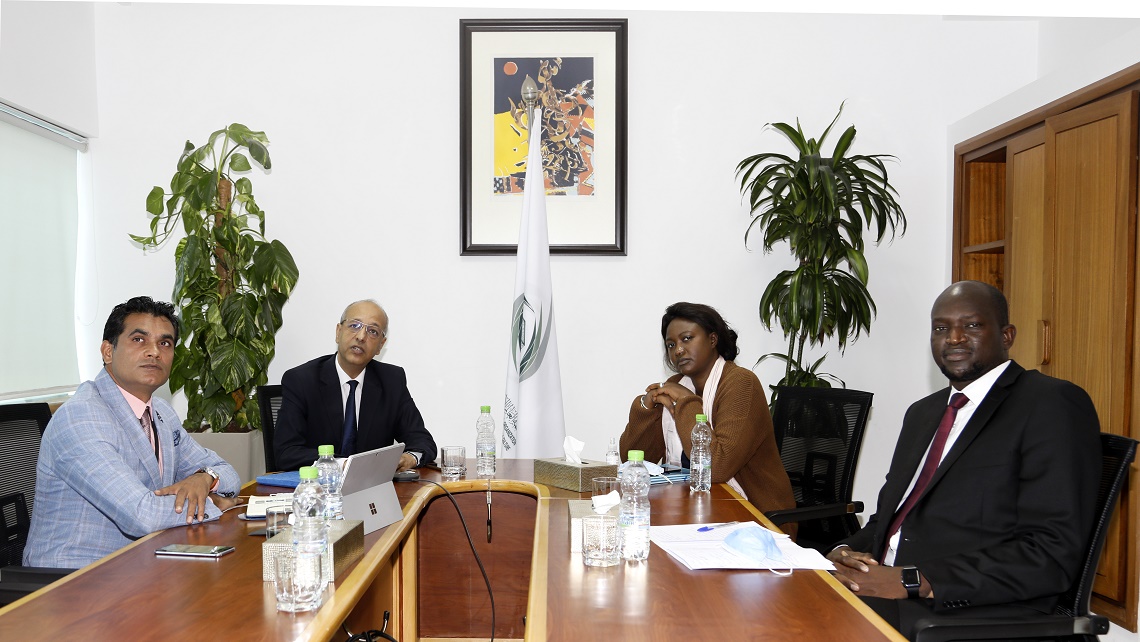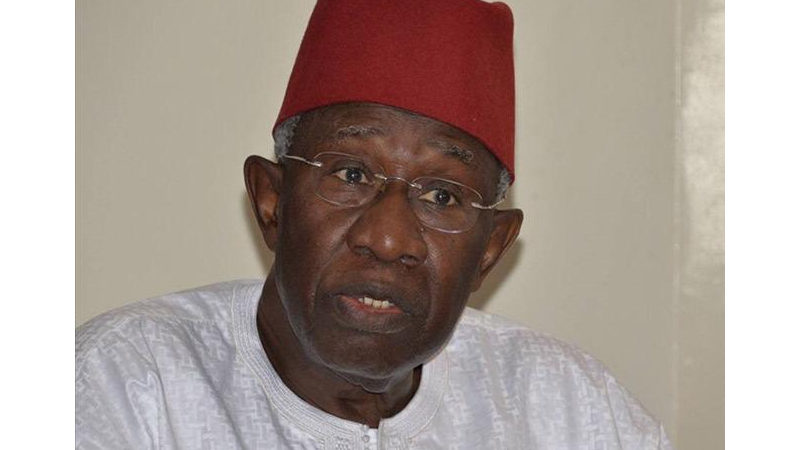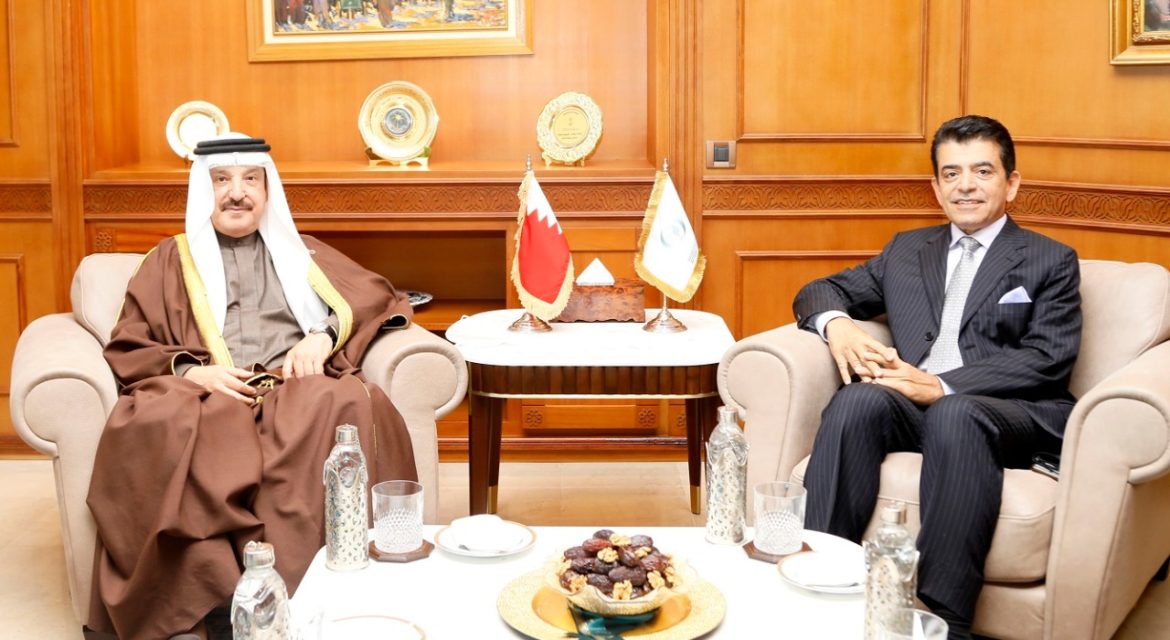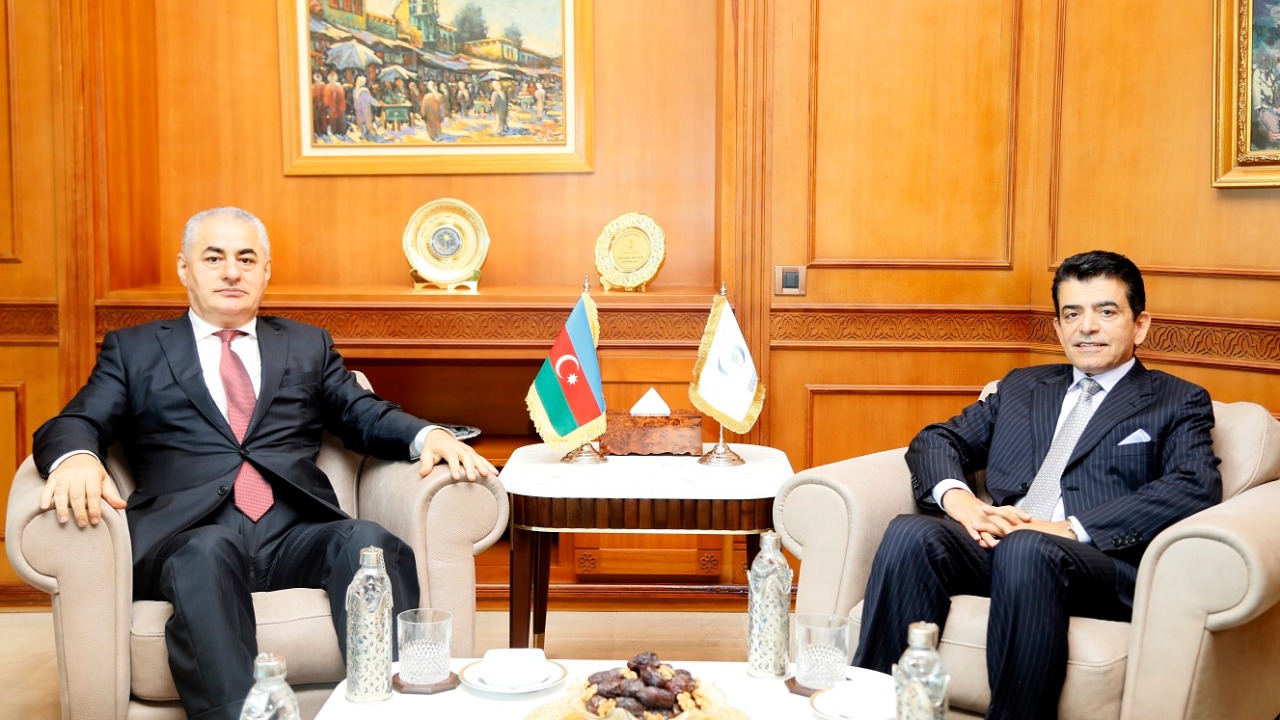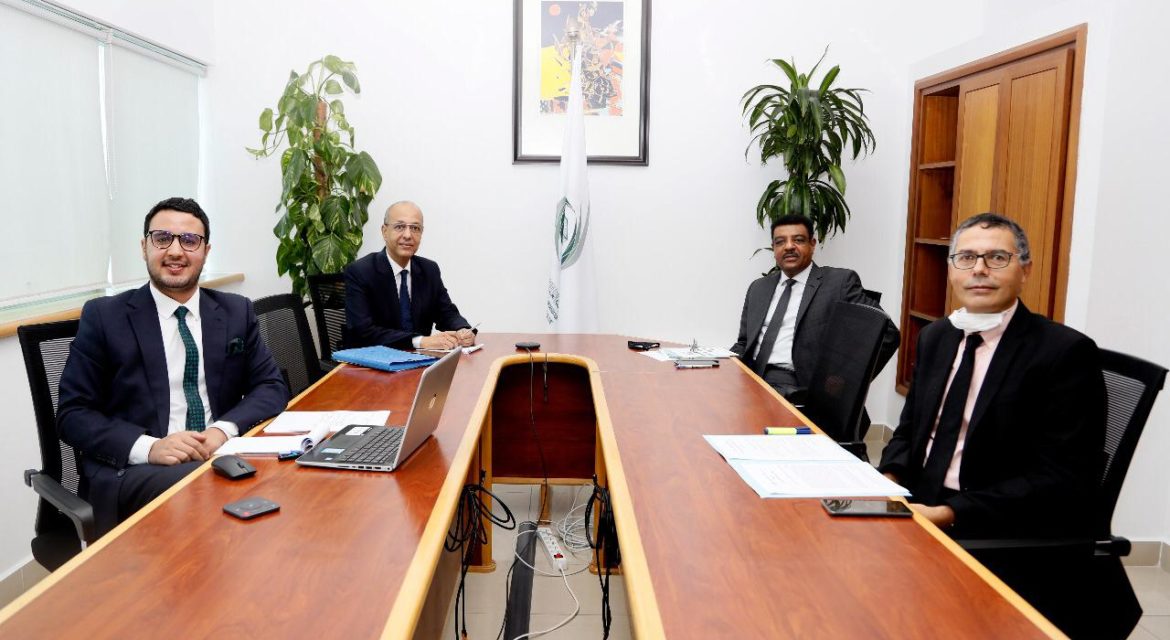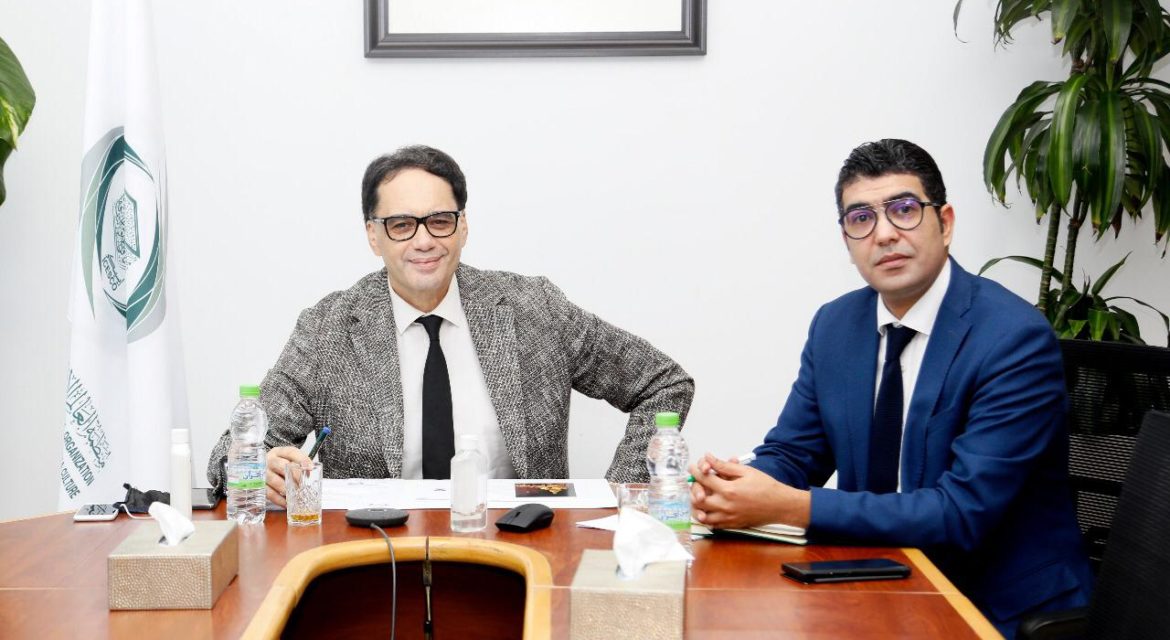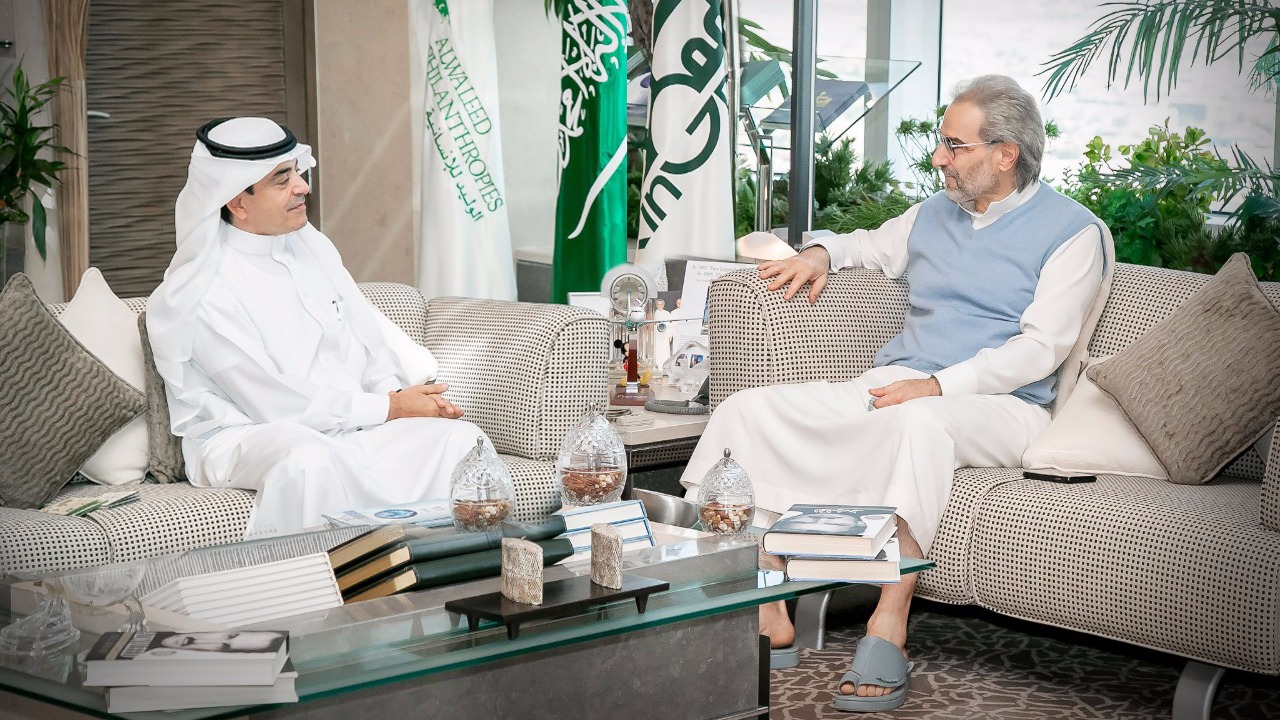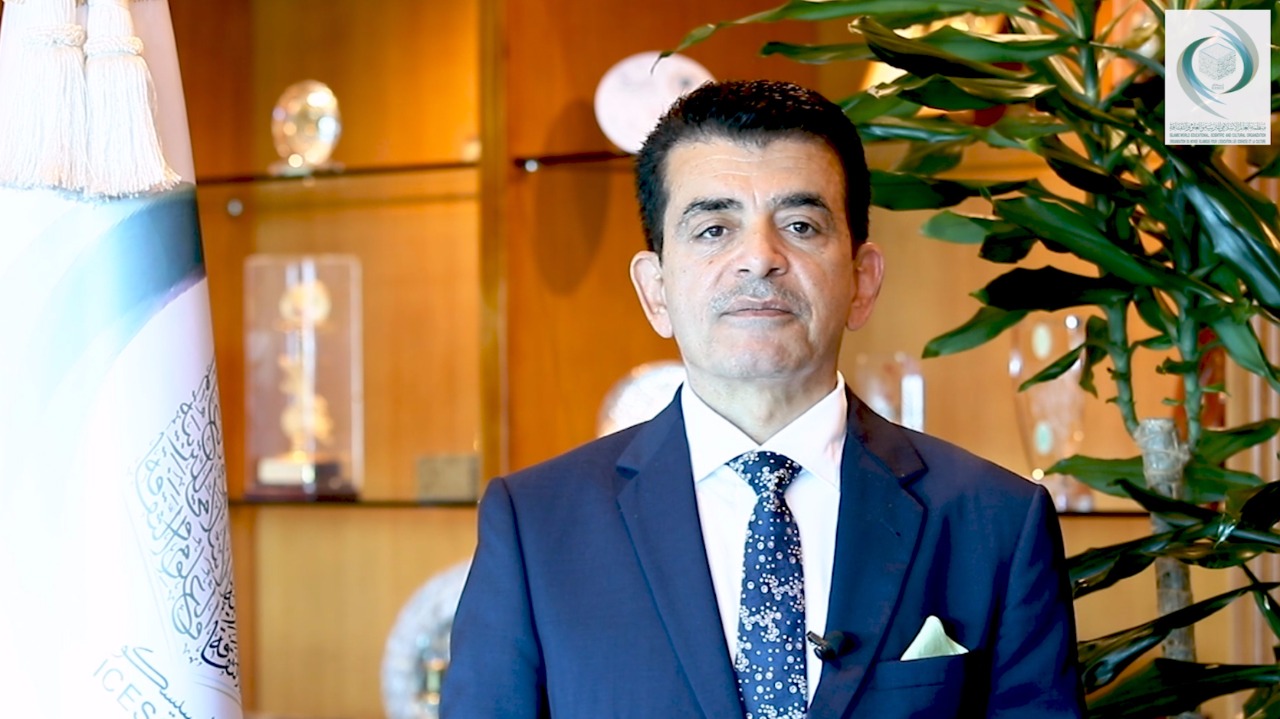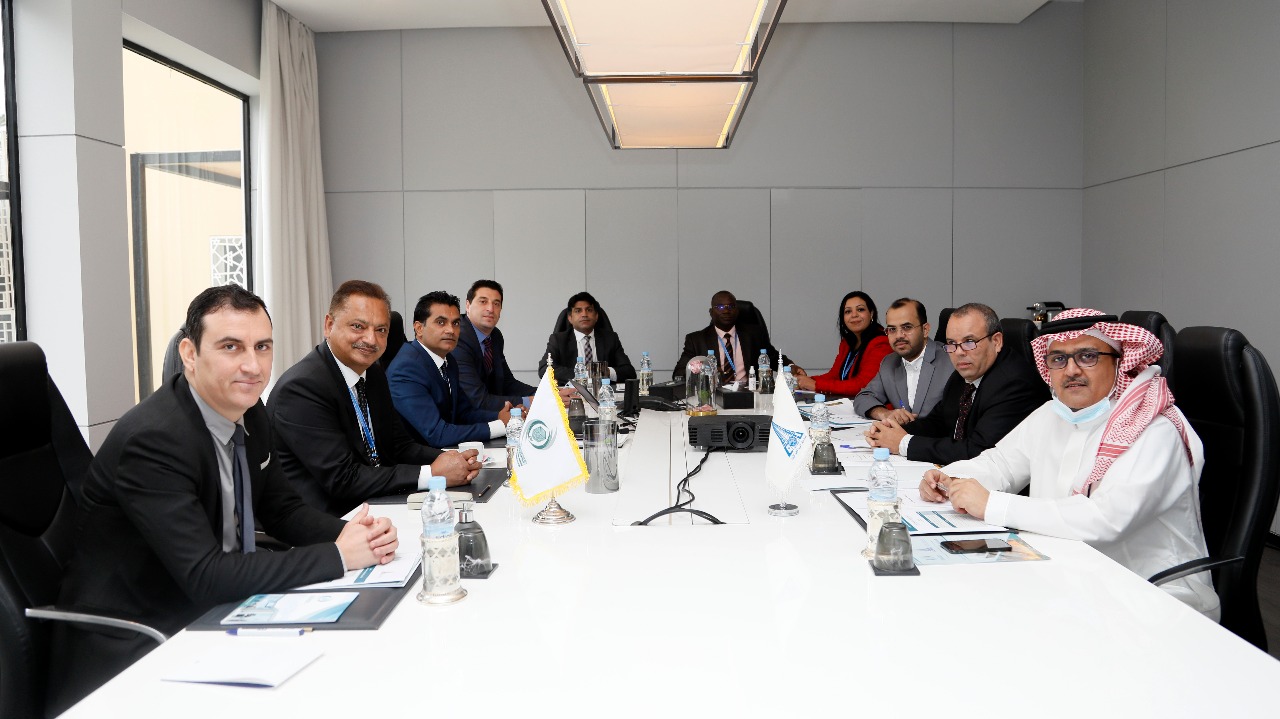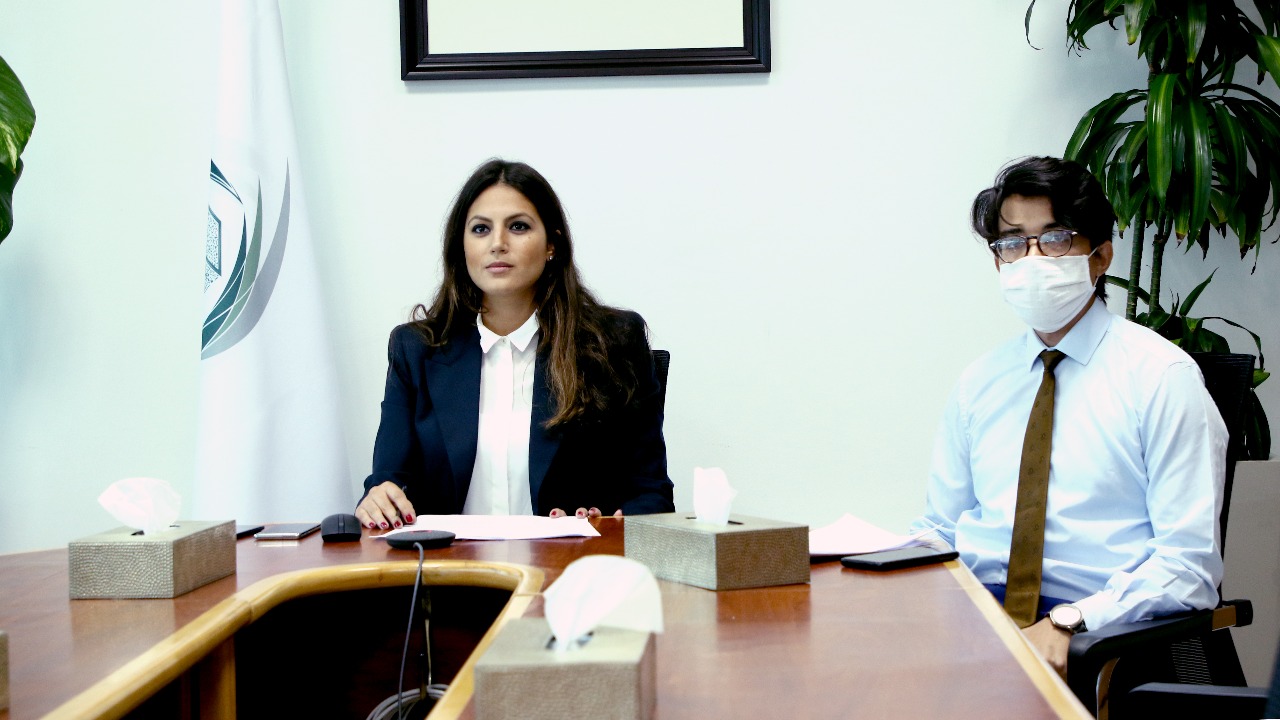The Islamic World Educational, Scientific, and Cultural Organization (ICESCO) and the UAE-based International Center for Biosaline and Agriculture (ICBA) held a videoconference yesterday, November 3. Officials and experts from ICBA and ICESCO attended the meeting to explore cooperation prospects in areas of agriculture, food, and water security.
Dr. Ahmed Said Bah, Advisor to the Director-General (DG) for Partnerships and International Cooperation; Ms. Ramata Almamy Mbaye, Head of the Sector of Social and Human Sciences; and Dr. Muhammad Sharif, Advisor at the Sciences and Technology Sector took part in the meeting on behalf of ICESCO.
Dr. Tarifa Al Zaabi, ICBA Deputy Director-General; Dr. Jawad Ghazi, Training Specialist; and Ms. Nadya Alamodi, Programme Coordinator, represented ICBA in the meeting.
The attendees reviewed the missions, priorities, and action areas of each party. They also explored prospects of cooperation on the issues specific to food, water security, and the research and institutional networking in the agriculture program.
The participants also considered offering training opportunities to the youth with initiatives and farming companies. The opportunity also included developing projects that aim to promote the role of agricultural and food productivity in the consolidation of peace, security, and social development.
At the close of the meeting, the parties agreed to develop integrated cooperation programs for implementation in the upcoming years


